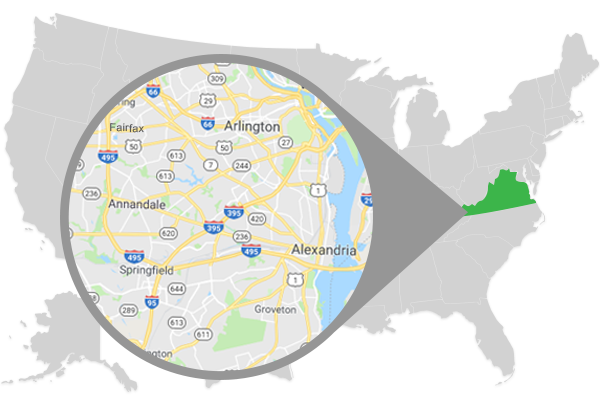Raccoons are curious creatures and often will make their home in attic or basements; get into the trash you have unsecured at the end of the street or have a feast in your garden. Raccoons may look very adorable from a distance or maybe they are making you furious because of the mess they make, but by following these tips will offer a possible solution and keep you and the family safe.
1. Don’t worry about raccoons in the garden or on the lawn
If you have raccoons in the attic or in the basement you definitely need to worry about it and call and wildlife expert right away to ensure the damage they cause is left to a minimum. But if you have the random passerby who has stopped to explore, don’t panic quite yet. Raccoons are very curious by nature and enjoy sniffing around. If you are seeing the raccoon out during the daytime, it does not necessarily mean that you are looking at a rabid raccoon. These creatures will exhibit a variety of unusual behaviors and activity during the day. You see, although raccoons are primarily nocturnal, they do often get some stuff done during the day.
2. Don’t feed the animals
If you want to be proactive for preventing wildlife in or around your property it is a very good idea to not feed the animals. Word gets around fast in the wildlife world that there is free food at your house and you will attract all kinds of species including raccoons! Even the bird feeders may attract more than birds and may be the culprit of an attic infestation of squirrels for example. If this information breaks your heart because you love watching the variety of birds gathering seeds, hang your bird houses away from the home in a distant tree but close enough that you can bird watch.
3. Scare the raccoons
Raccoons scare quite easily and if you do the job at scaring them right, they will disappear for a few days until they feel safe enough to come back and sometimes they move on altogether. It will take more than a loud ‘BOO’ to get the job done right. You may want to try blasting a radio near their favorite place for an hour or so. Get out the pans and a wooden spoon and start clanking away. Raccoons hate the disturbance especially if they have babies in tow.
4. All methods of trapping raccoons require dealing with wild animals
Trapping raccoons simply need to be left to a licensed wildlife expert. If you trap a raccoon, you will have a very angry and aggressive animal soon enough. You also run the risk of trapping a dog or the neighbors cats. Especially if you use a kill trap like a snap trap to break the raccoon’s neck. You may kill desirable wildlife or a cat or dog.
5. Never handle dead or living raccoons or touch cages with bare hands
Raccoons carry roundworms along with fleas and ticks that can get you very sick. It is always a good practice not to handle wildlife at all…dead or alive.
If you find yourself in need of a wildlife specialist, call SES and we will send them out to evaluate the situation and develop a plan to rid your home and yard of the dead or nuisance wildlife. Call us at 703-520-5868 to schedule a free appointment!




